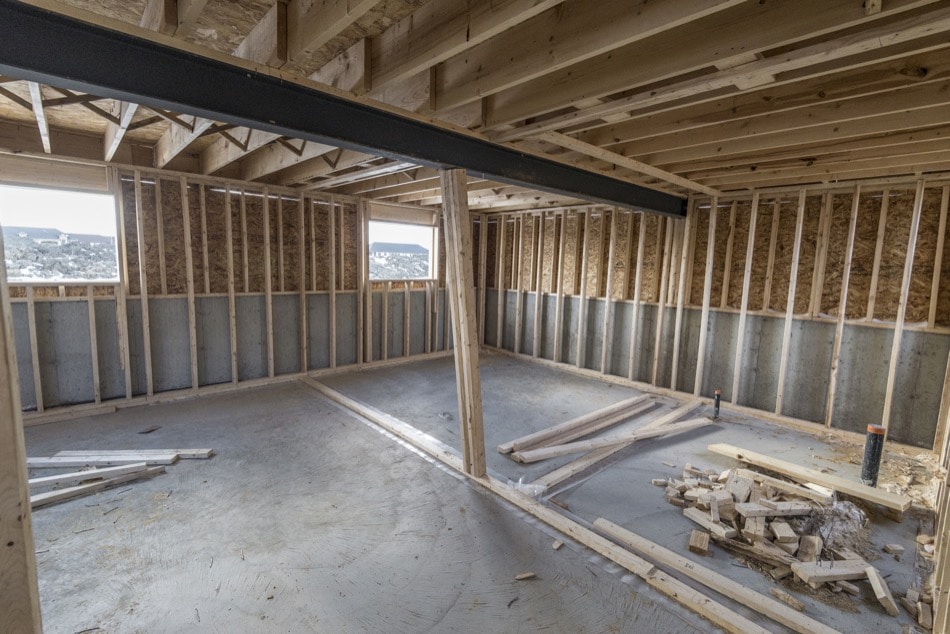
Should You Finish the Basement?
 Finishing a basement expands the reasonable living space of a home. This can be key for increasing resale value and ensuring that the property can compete with the neighborhood. It may not be an obvious choice, however. The way that a real estate agent counts a finished basement on a Hudson, WI home sale is not always easy to understand. It can also cost a lot of money, which means that homeowners need to be sure they are ready for the project. Here are some pros and cons to help people make a decision.
Finishing a basement expands the reasonable living space of a home. This can be key for increasing resale value and ensuring that the property can compete with the neighborhood. It may not be an obvious choice, however. The way that a real estate agent counts a finished basement on a Hudson, WI home sale is not always easy to understand. It can also cost a lot of money, which means that homeowners need to be sure they are ready for the project. Here are some pros and cons to help people make a decision.
Pro: Increased Living Space
Anyone who lives in an average house might benefit from more living space. As children get older, they often need more room to stretch out or to pursue individual activities. The basement can provide that extra room for a:
- home office
- entertainment area
- playroom for children
This can be a particular benefit for people who have smaller homes, especially as they get ready to sell. Even though a finished basement does not always count the same in square footage as a ground floor, potential buyers can still view it as a viable living space.
Con: Can Take Months to Complete
Whole-room projects tend to take longer than specific tasks that are limited to one aspect of the space. For example, someone who simply wants to replace basement flooring will probably spend less time from start to completion than a homeowner who needs to finish the whole basement, including walls. Hiring contractors for individual jobs needs to be done in the right order, and may take more effort to align schedules. Larger basements will add to the workload. As a result, people may lose access to the basement for several months during construction.
Pro: Costs Less Than an Addition
As a general rule, homeowners will pay around $7,000-$20,000 to completely finish a basement. Of course, people who want the highest-end features will pay more. Those who are willing to do a little of the work themselves may pay less. This is much less than the average cost of a room addition, which runs closer to $50,000. The difference in cost may make the basement project more affordable for people, especially if they really need the space. Spending less also often contributes to a higher return on investment, as long as the work is done well.
Con: May Not Count Fully When Selling
It is difficult for homeowners to estimate the value of a finished basement, because it depends on so many factors. When people are ready to sell a home, or even if they just want to refinance, they will often get an appraisal to help assess value. In some areas, basements do not count toward the total square footage at all. Even in states where a finished basement carries value toward the total, it may be set at 50 percent or even less than the square footage above grade. This means that a bedroom on the main floor is typically worth more than a bedroom in the basement, even if they have the same dimensions and features.
Pro: Ideal for Mother-in-Law Suite
Some people have a sizeable amount of square footage in the basement, or the money to create a self-sufficient space. In this case, they may want to consider finishing the basement as an investment or mother-in-law suite. A basement that can support a full walkout could possibly become a completely separate space. This may provide a better place for multi-generational living or a reliable source of income to help with the mortgage.
Finishing a basement offers many opportunities, but it is not always a perfect choice. By looking at the pros and cons, homeowners can determine if a basement finishing project will be good for them to do sometime soon.



